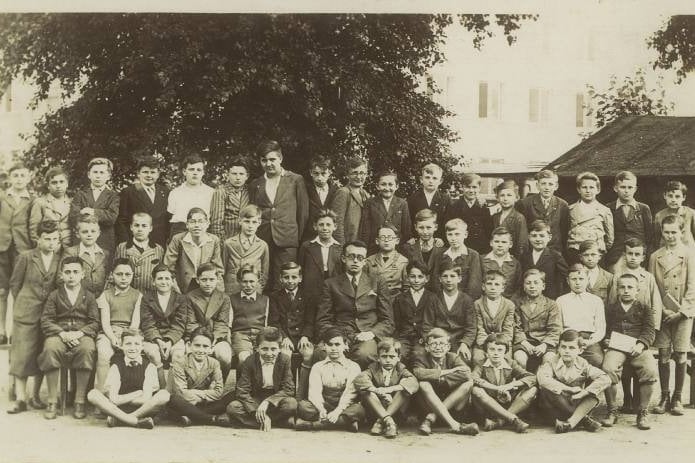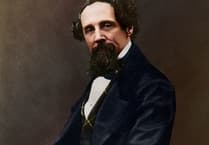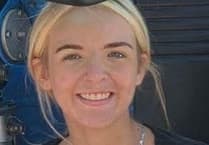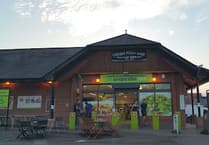On Friday this week, we will mark Holocaust Memorial Day. The date marks the anniversary of the liberation of Auschwitz-Birkenau by Soviet troops in 1945. A recent book tells the remarkable story of Rudolph Vrba, a Slovak Jew deported to Auschwitz in 1942. He was born Walter Rosenberg, but adopted the name Vrba while on the run after a daring escape. He and a fellow prisoner were the first Jews to escape from Auschwitz. Some had tried before, but had always been recaptured, and publicly executed as a deterrent to their fellow prisoners.
Walter/Rudolph had been put to work collecting the belongings of Jews arriving at the camp, and witnessed the notorious selection process many times. Blessed with an almost photographic memory, he mentally recorded the tally of arrivals, where they had come from, and how many were killed straight away. As one of the slave labour force, he also saw most of the macabre process by which the Nazis stole and sold the belongings of those they murdered. All these facts and figures he stored away until he was able to see a way to escape.
With Alfred Wetzler, he devised a plan to hide in a place where they could remain undiscovered. For three days, their scent masked by petrol-soaked Russian tobacco to put off the sniffer dogs, they holed up in a pile of wood until the search was called off. They then made their escape while the area was unguarded. After 11 nights, and much hardship, they succeeded in walking back over the border into Slovakia, though they had to remain in hiding and change their names.
Making contact with the local Jewish Council, they told their story, complete with Rudolph’s astonishingly detailed list of the numbers already murdered. He had learned that the Nazis were gearing up to dispose of the Jews of Hungary, and he desperately wanted to warn them. The 40-page dossier of facts and figures made its way to political and church leaders, and was smuggled out to the Allies, so that the world was made aware of the reality of the “resettlement” of Jewish communities.
Jonathan Freedland’s book, “The Escape Artist”, is highly recommended.
Linton & District History Society meets on February 1, when Ian Gumm will talk about the Battle of Tewkesbury. Doors open at 7 for 7:30, all are welcome.




Comments
This article has no comments yet. Be the first to leave a comment.